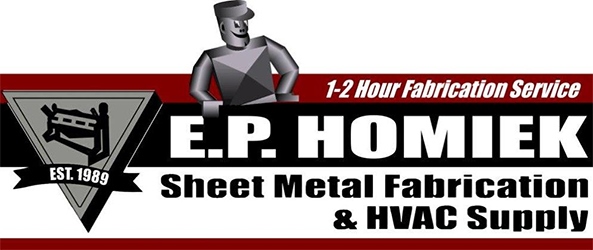CALLBACKS: The true cost, and what can you do to prevent them
- Posted on August 9, 2016
- by admin
- in Blog_Posts
- Comments Off on CALLBACKS: The true cost, and what can you do to prevent them
All HVAC contractors know that callbacks have a negative impact on business, but have you ever calculated exactly how much they cost you? Most contractors, when they get down to brass tacks, will find that a single callback costs a few hundred dollars at minimum, and can easily reach well into the thousands.
A callback, defined as any unbillable return service call to correct work on a job that has already been completed, can impact your profit margin cost you in a number of ways. While there are complex HVAC-specific formulas and software programs out there for determining these costs, some fairly basic calculations can give you a very good idea of what you’re losing. Consider these factors:
• Time spent on the callback
• Truck operation cost per hour (vehicle price, insurance, fuel, maintenance, etc.)
• Technician pay
• Cost of materials required to fix the problem
• Loss of chargeable business while the above resources were used on the callbackAlso take into consideration the callback costs that can’t be quantified, namely loss of customers, loss of recommendations, and loss of potential business through poor online reviews. Once you’ve determined how much each callback costs (prepare yourself – you may be shocked by the number), try implementing some of the following ways to reduce the number of callbacks you receive:
• Training, training, training! If you find you’re being called back repeatedly on the same type of repairs, or if a particular technician has an inordinate amount of callbacks, some retraining is called for. In fact, an ongoing training program should be a regular part of your business. Though training does involve some expense, it is more than offset by the resulting reduction in callbacks.
• Consider sharing your cost-per-callback with your service technicians to create greater awareness.
• Provide service techs with financial incentives based on the number of callbacks.
• Review all callbacks with the technician to find out why it happened and what can be done to prevent it from happening again in the future.
• Avoid overburdening technicians with too many service calls, which usually results in rushed, shoddy work and excessive callbacks.
• Develop checklists to help service techs avoid missing small details that can lead to callbacks.Never accept the status quo when there are ways to improve your business and make it prosper. Minimizing callbacks is always a good place to start.
If you enjoyed this article please consider sharing it!




